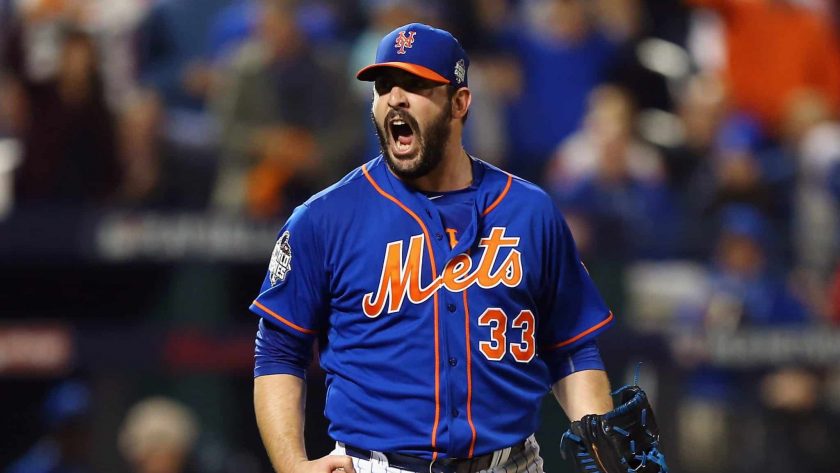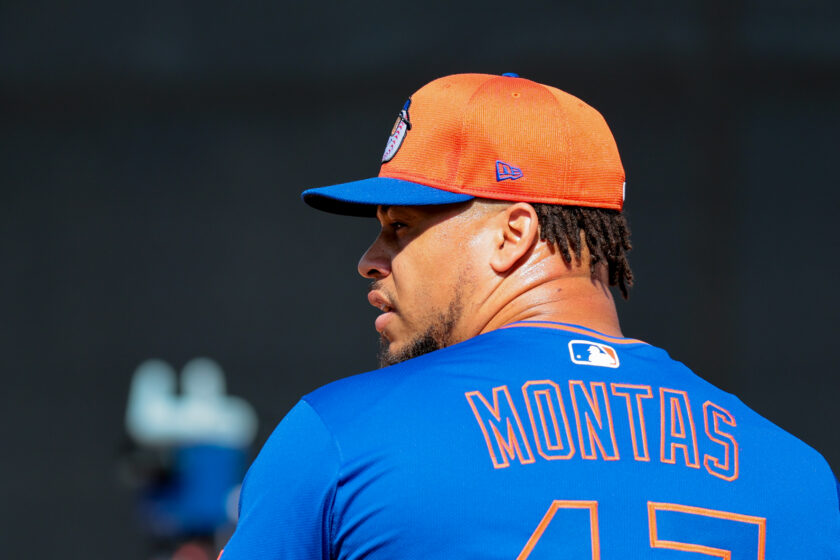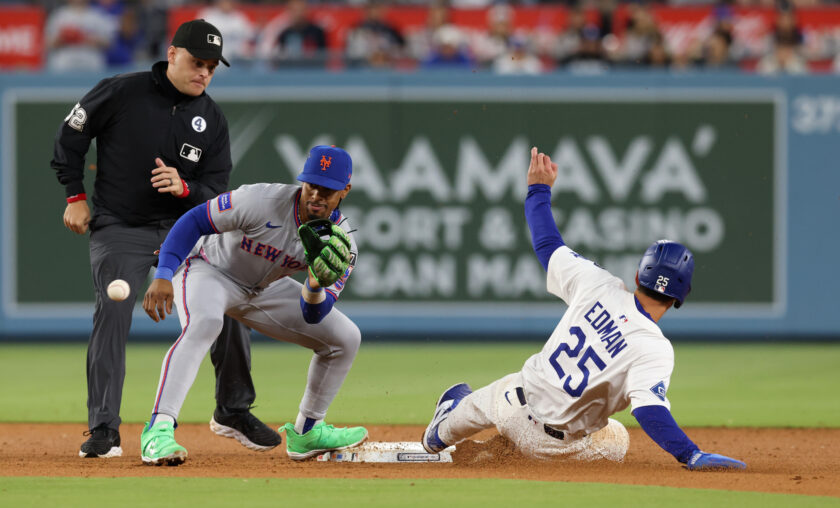Terry Collins reflects on Matt Harvey’s Mets downfall: New York ‘took him down’

Matt Harvey hit a new rock-bottom this week with his 60-game suspension for violating Major League Baseball’s drug policy.
Terry Collins traces the once-dominant right-hander’s fall from grace to his desire to be bigger than the town that propelled him to stardom.
“You cannot think you are bigger than New York City. You can’t do it,” the ex-Mets manager said on Mike Francesa’s BetRivers podcast while reflecting on his former star hurler.
“I don’t care how hard you try. The greatest players that have ever played in New York, a few of them were able to outlive the city. But you cannot try to be a big person in New York City. You just have to go out, play your game, be who you are and the town will carry you on your shoulders. Matt, he just wanted to be the biggest guy in New York. And it ended up taking him down.”
Harvey — nicknamed “The Dark Knight” — was arguably the biggest star in the city (and a living Page Six legend) early in his career. He started the 2013 All-Star game for the National League and then helped lead the Mets to the 2015 World Series after recovering from Tommy John surgery. But his career was never the same after he ran out of gas late in Game 5 against the Royals and then had thoracic outlet syndrome in 2016.
“Most of the guys get through Tommy John, which Matt did,” Collins said. “But that outlet syndrome, that really hurt him. His shoulder just never came back to the strength he once had. I thought that really affected him.”
Harvey battled ineffectiveness and injuries in 2017 and ’18 before the Mets designated him for assignment. He has since bounced around — the Angels, Reds, Royals and now the Orioles — with little success. He is currently with Baltimore on a minor-league deal.
Harvey’s suspension is tied to his testimony in the trial of former Angels communications director Eric Kay, who was convicted of two felony counts of fentanyl distribution related to the sudden death of late Angels pitcher Tyler Skaggs. Kay faces a minimum sentence of 20 years in prison.
Harvey acknowledged while under immunity from criminal conviction to being a cocaine and oxycodone user and occasionally providing Skaggs with oxycodone pills when he played for the Angels in 2019.
(…)
Harvey told federal prosecutors that he had a drug source on the East Coast and occasionally obtained opioids for Skaggs through that source. He added that he shared “three, maybe four” pink pills with Skaggs in June 2019, though he didn’t remember if they were oxycodone or Percocet.
James Kratch can be reached at james.kratch@xlmedia.com
James Kratch is the managing editor of ESNY. He previously worked as a Rutgers and Giants (and Mike Francesa) beat reporter for NJ Advance Media.






